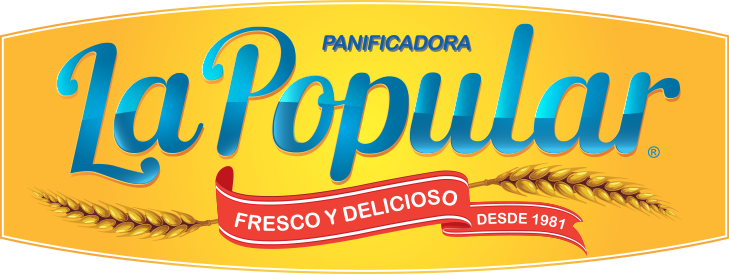Historical Review
Under a tree known as “Ceibón” the idea of founding a successful company was envisioned by José Amancio López Cartagena. The idea of founding a small bakery had lingered in his head for a long time, and it was his most expensive dream yet. During one of his trips through San Pedro Sula and with the help of a salesman who offered to support him, Don Amancio gave shape to the project of his life. In that moment, San Pedro Sula did not offer the best conditions to start operations, so the beginning was not what he expected. Regardless, he obtained some bread making formulas (the polvorón being the first of these formulas), and with this information he decided to set up his bakery.

There were many options with regards to the location for the company, but in the end, when he returned from a trip to El Salvador, Don Amancio settled in La Entrada, Copán. There, he rented a small property that had a wood oven, a rustic floor and minimal protection against the environment.



On September 16, 1981, a small company was born with a capital of just 1,500.00 Lempiras, a pick-up truck, and many hopes. In the beginning, a quintal of bread was produced daily, and it was sold at the market three times a week. The personnel that the bakery counted with at the beginning of its operations were Don Amancio and a baker. A salesman who knew the region was dedicated to marketing the product. The small bakery grew, and after three years, nine quintals of bread were being produced daily. With great effort, some plots of land were purchased, and the first part of what would be the company's facilities was built. At the time, Don Amancio himself had to sell his car to finish the first part of the bakery. In September 1982 the first truck was acquired, and in February 1984 the second car was purchased, a pick-up truck, to complement the distribution. Due to the strong competition from the bakeries in San Pedro Sula, Don Amancio decided to distribute his product in the least accessible places. At the time, this focus consisted mainly of mountain communities. The bread was certainly not of the best quality.

The year 1987 may be the year of the company's major emergence. The city of La Entrada did not have electricity, but the bakery’s growth demanded such a resource. As a result, a power plant was acquired, and the old Coleman type gas lamps were replaced. The first mixing machines were acquired as well. The work was arduous, and the operating time extended up to eighteen continuous hours. The first bread mixer was obtained at a metal recovery plant in San Pedro Sula.
By the end of 1987, the first two premiums for two TOYOTA trucks were paid, but only one of them was delivered, and it took another six months for the delivery of the second truck to be formalized. Over time, more trucks were obtained to strengthen the vehicle fleet intended for sales.

In 2012, inspired by the opportunity for growth and in search of improving the quality and variety of the products that Hondurans consume, the well-known bakery company Pan Hawit joined PANIFICADORA LA POPULAR's portfolio of brands. A few years after, in 2019, Pan Bambino, a company in the same field whose role in the lives of Hondurans had been significant and nostalgic, followed the same path. As a result, a number of stores and distribution centers offer nationwide coverage today.



PANIFICADORA LA POPULAR has been and continues to be an example of a successful business, and it is also an example of human talent. The development and growth of the company has proven that when people set a goal, it is achieved with sacrifice, self-confidence, and abundant patience. Such is the path that the company and its founder had to follow since that memorable day back in September 16, 1981 with few resources and a lot of hope. Panificadora La Popular has been the birthplace of many bakers who have learned the noble art of turning wheat flour into healthy food for the tables of thousands of Honduran families.

